Essential Oil Safety Tips For People With Health Conditions

For most essential oil users, aromatherapy is a modality they use to help combat everyday issues, including symptoms of health conditions. And while it may be tempting to jump headlong into using an essential oil if you have a health condition, there are certain safety precautions one should consider first.
To help you get started, we’ve put together a short, easy to follow guide on essential oil safety for people with health conditions, so that you can use aromatherapy efficiently and confidently.
Safety Tips for People With Health Conditions
You may be familiar with general essential oil safety guidelines such as diluting before topical application and avoiding casual ingestion, but if you have a health condition, there may be additional safety precautions you’ll want to take. For example:
-
Ensure that the essential oils you’re using don’t interfere with medications that you may be taking.
-
Check that your essential oils are safe to use with your health condition.
-
If you have a health condition and are using essential oils, note any changes you experience before and after using the essential oil. Discontinue use if you experience negative side effects.
-
If you have questions about essential oil safety with your specific health condition or are unsure about using essential oils, consult with your doctor and our team of aromatherapists.
How To Use Essential Oils With Health Conditions
Looking for safety information for a specific health condition? Read on for essential oil guidelines for common medical conditions.
Asthma
How can you safely use essential oils for asthma? Here’s what you need to know.
-
Those with bronchial asthma are advised to use oils rich in 1,8-cineole oils with caution, despite its breathing benefits. These include, but are not limited to, Eucalyptus, Saro, Rosemary, Ravintsara and Cajeput.
-
Avoid inhaling essential oil vapors directly. Instead, diffuse them in an ultrasonic diffuser according to the manufacturer’s instructions (or start with an even smaller concentration).
-
Use a 1% dilution when using essential oils topically.
-
Seek medical counsel from a doctor and aromatherapist prior to aromatherapy use.
The bottom line is that if you have asthma, you should use essential oils with caution.
Start with low dilutions and inhale essential oils in small quantities and short intervals. If you find something doesn’t work for you or triggers your asthma, discontinue use immediately and move onto the next thing (slowly and with caution).
Autoimmune Diseases
There are over 80 different types of autoimmune diseases, affecting an estimated 7% of Americans. Some common autoimmune diseases include:
-
Psoriasis
-
Type I Diabetes
-
Rheumatoid Arthritis
-
Inflammatory Bowel Disease
Because an overactive immune system often causes autoimmune diseases, immunostimulating essential oils may backfire and worsen one's autoimmune condition. Essential oils to avoid include:
-
Clove: increases white blood cell count
-
Cinnamon Bark and Leaf: modulates immunostimulating T cells
-
Fennel and Thyme: inhibits oxidative-stress-causing reactive oxygen species (ROS).
-
Frankincense: possesses immunostimulating properties
Bleeding Disorders
The following essential oils should be avoided if you have a bleeding disorder such as, but not limited to, hemophilia, internal bleeding, those taking anticoagulant medications, etc:
The above essential oils are also not recommended to be used around the time of major surgery.
Note, that there are many essential oils that are contraindicated for medications such as blood thinners and anticoagulant medications when taken orally, though we do not recommend casual ingestion of essential oils.
Cancer
As with many health conditions, there are many different types of cancers. It’s therefore vital that you work with your doctor and an aromatherapist to develop a care plan that meets your individual needs.
Essential oils can be highly beneficial to symptoms of cancer and can reduce stress, improve sleep, promote joy, soothe pain. Reach out to us to start a care plan that helps you get the most out of your essential oils.
Eczema
Essential oils can contain hundreds of natural aromatic compounds. If you suffer from eczema, it may be best to work with a dermatologist to find out if your eczema is catalyzed or made worse by common aromatic compounds found in essential oils.
You can also perform an at-home skin patch test to see how your skin reacts to a topical application of essential oils. Here’s how.
-
Dilute the essential oil. We recommend starting with a low dilution between 0.5% - 1%.
-
Apply the substance to your forearm and cover it with a bandaid.
-
Leave overnight and check in the morning for any redness, itchiness, or signs of irritation.
-
If no irritation has occurred, you may be safe to continue using the essential oil.
Pregnancy
Being an expectant mother and educating yourself on essential oils during pregnancy can be difficult. We’ve made it easy by outlining top essential oil safety tips for expecting mothers here.
-
First Trimester: It is not recommended that you use essential oils in the first trimester, which is considered the most delicate time in pregnancy.
-
Difficult Pregnancies: If you’re having complications, it may be best to avoid essential oils.
-
Proper Dilution: Dilute your essential oil to 1% during topical application that you don't overwhelm your system.
-
Essential Oils Not Safe For Pregnancy: It is important to know which oils are regarded as unsafe to use during pregnancy and postpartum if breastfeeding. Learn which oils to avoid here.
-
Diffusing Essential Oils While Pregnant: It is recommended that you do not diffuse for long periods of time and that your diffuser is in a well-ventilated room. For example, try opening a window while your diffuser is running.
Stay Safe
If you’re feeling overwhelmed by all of this essential oil information, worry not! Our team of industry experts and aromatherapists are here to simplify things for you. Have a question? Reach out to us today! You can also browse our blog where you’ll find countless educational articles on safety, blend ideas, DIYs and more. Whatever your aromatherapy needs, you’ll find it right here at Edens Garden.
Grab The Essentials Here:
Leave a comment (Comments will be approved before showing up)
6 comments
Maria A. Martinez
my brother is 67 years old type 2 diabetic, on dialysis, and has melanoma cancer. he’s on steroids on chemo and dialysis. he’s having symptoms of freezing, nausea, throwing up and is delusional
is there any oils that can help him relieve or calm these symptoms
my sister in law has rheumatoid arthritis on her hands what oils can help her so she can continue caring for my brother her husband of 40 plus years
Edens Garden
Hi Rudy! Good point, we’ve added Birch as well 😊
Edens Garden
Hi Sheila! We no longer offer Spiced Chai blend–it was a limited edition blend and has since sold out.
Rudy
I would also include White Birch EO to the list for Bleeding Disorders as it is a major natural. blood thinner
Sheila Fisher
Do you still have th spiced chai EO. I want org for a reed infusor thank you
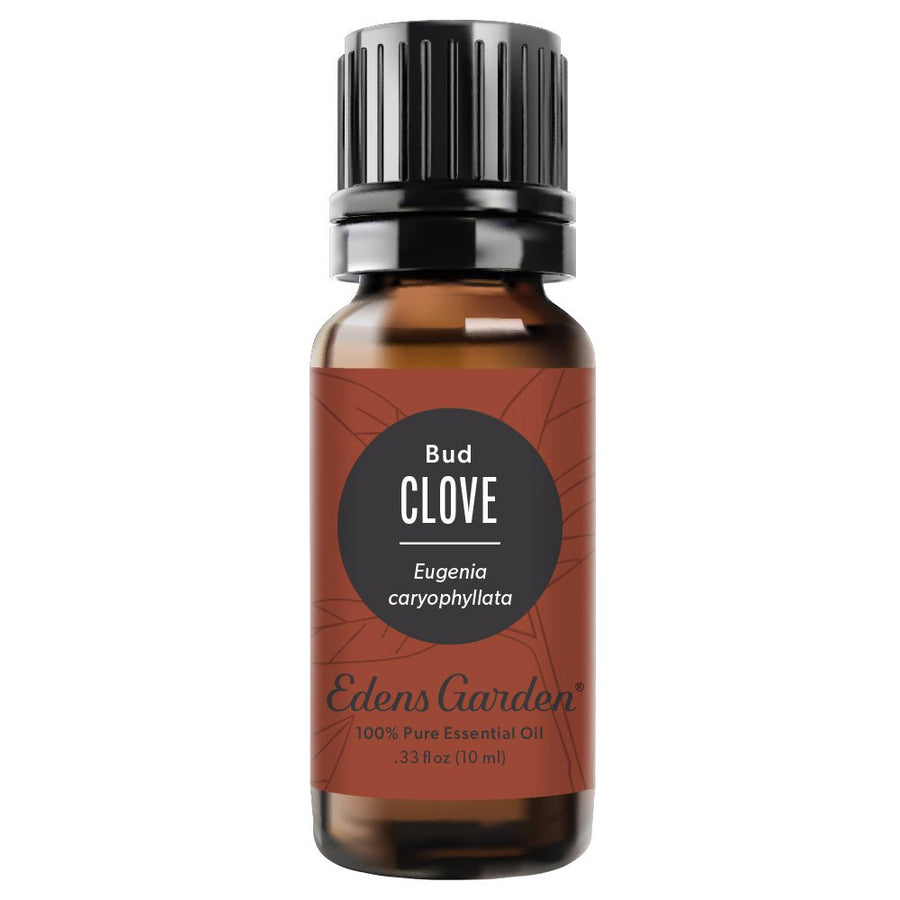
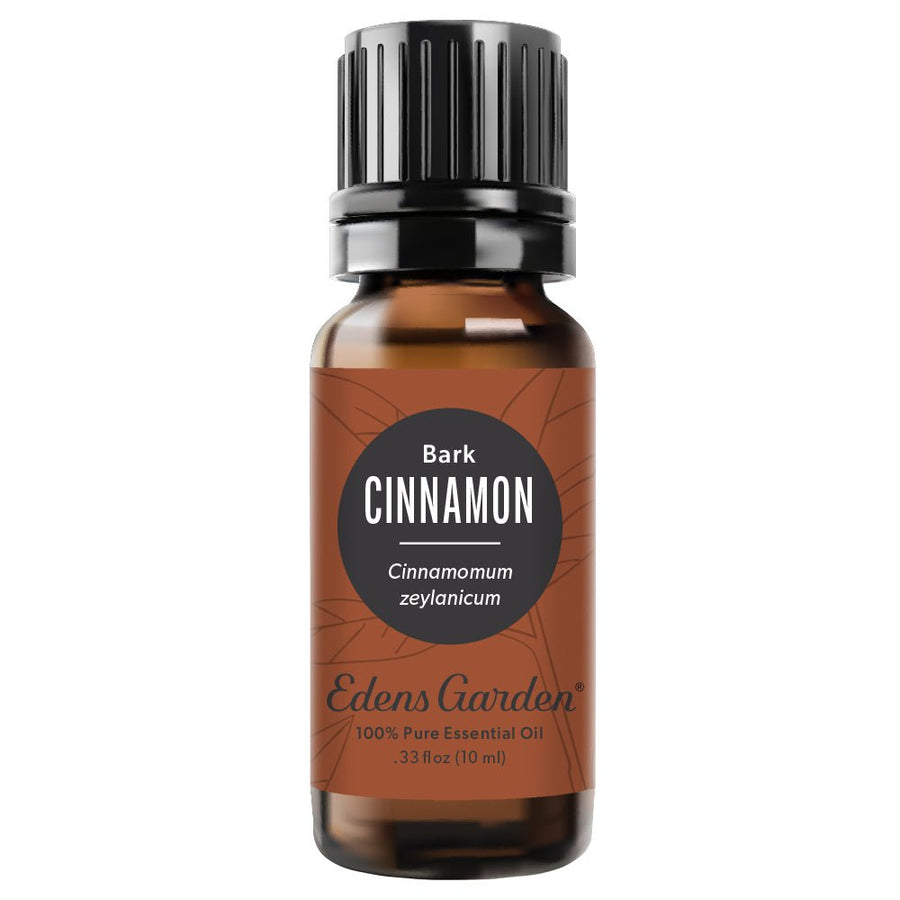
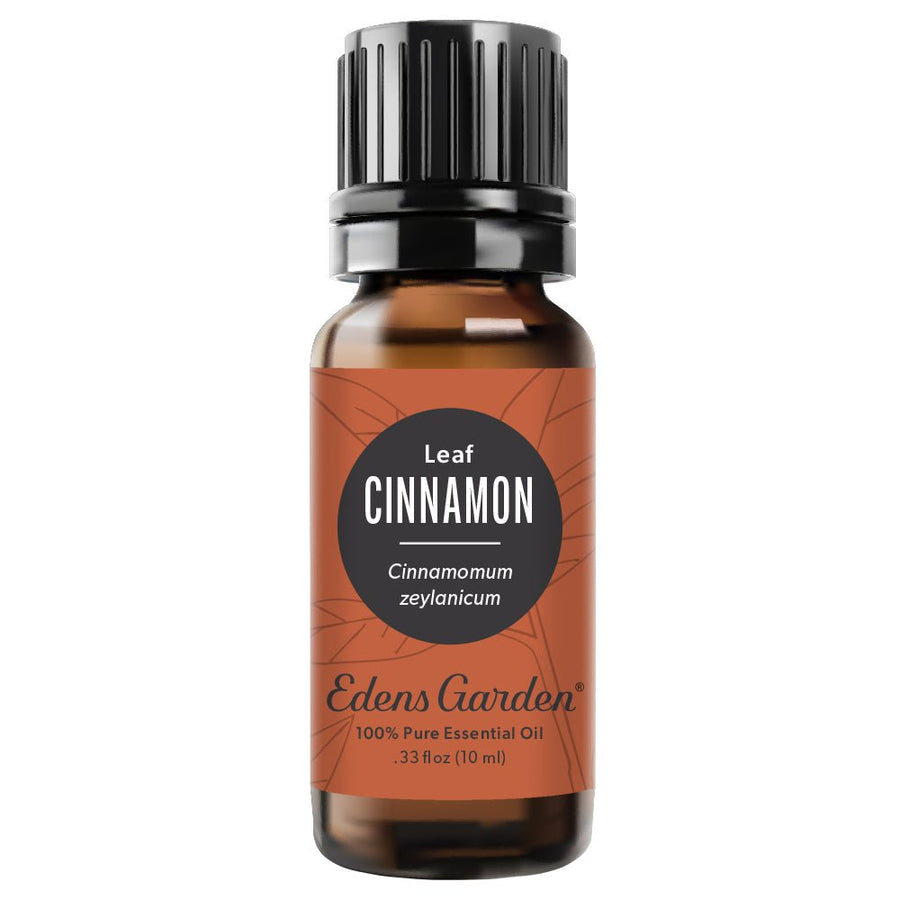

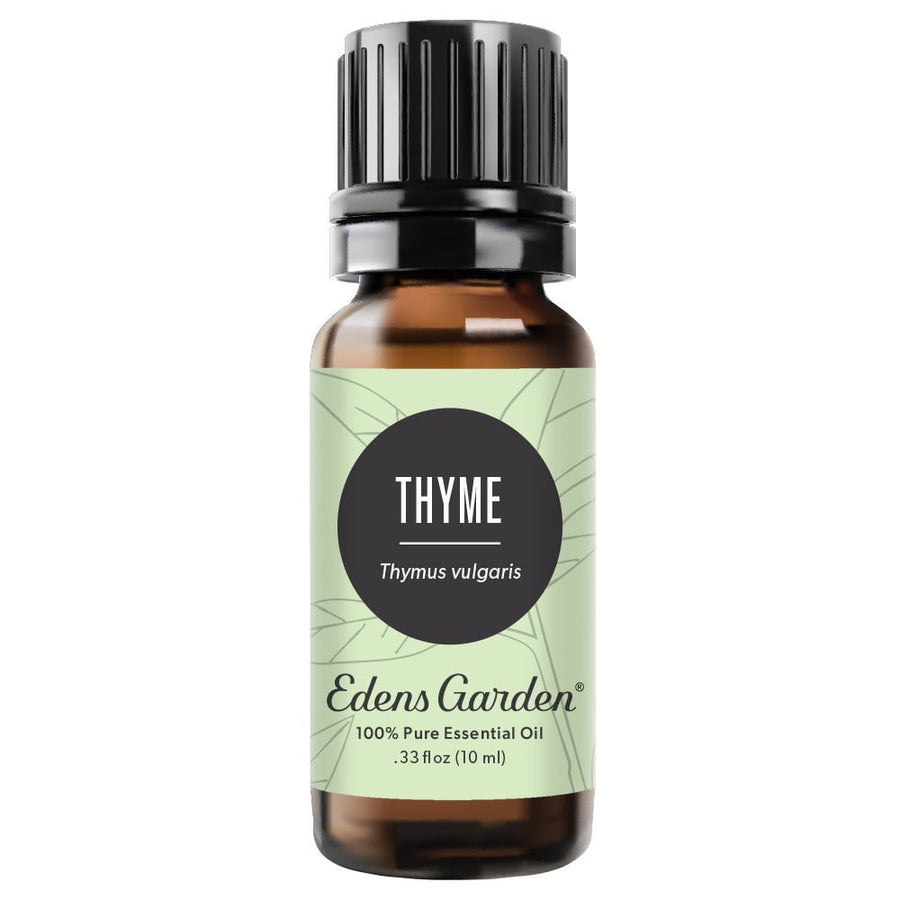
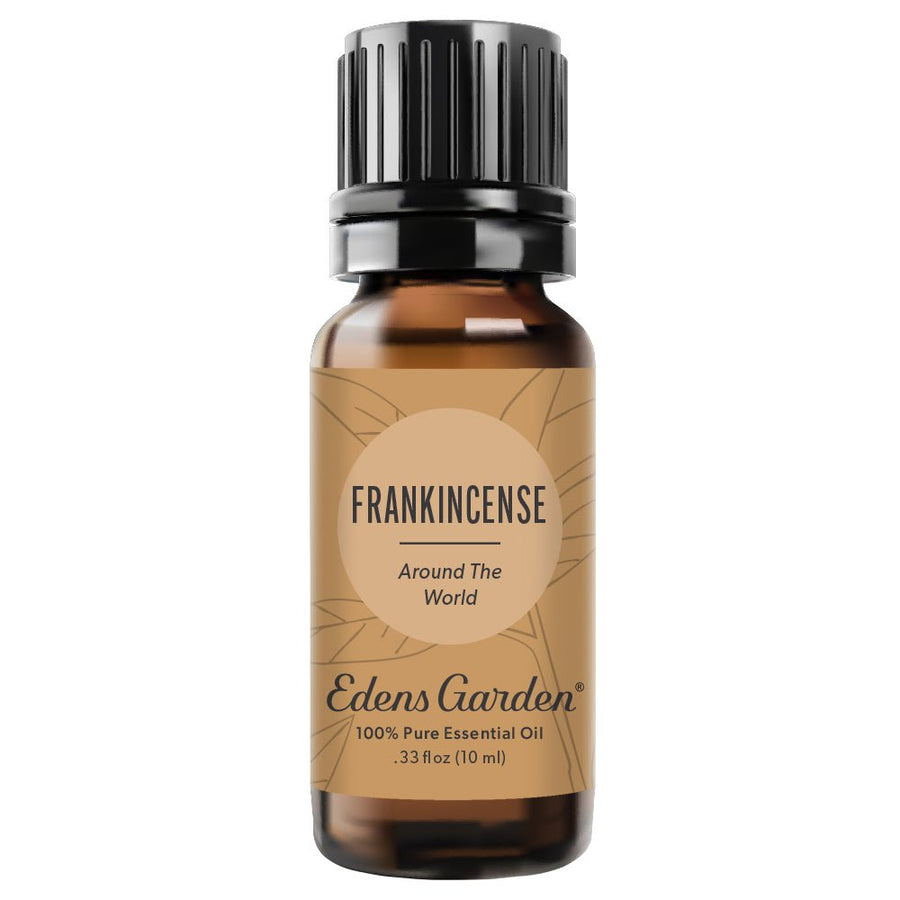




Edens Garden
September 27, 2021 at 8:18 am
Hi Maria! Please contact our aromatherapist for more info: aaa@edensgarden.com